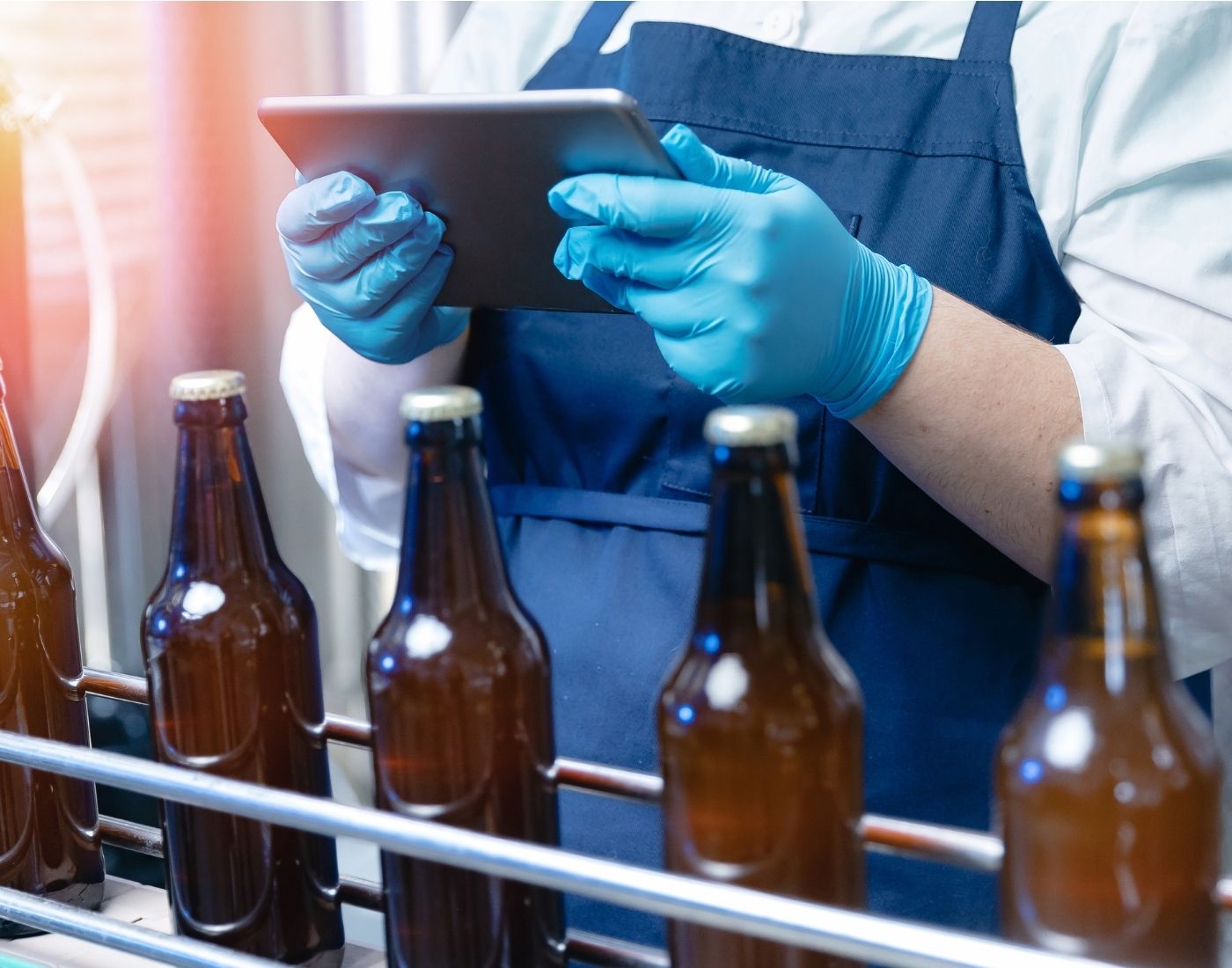A food incident is defined as any event where there are concerns about actual or suspected threats to the safety, quality or integrity of food/feed that may need action to protect consumers’ interests.
The word ‘quality’ in this case includes standards, authenticity and composition. The term ‘food incident’ includes animal food, or ‘feed’ incidents.
When a food incident happens, the Scottish Food Crime and Incidents Unit (SFCIU) will support public bodies such as local authorities to protect the health of consumers.
Food incidents are split into two categories, which may overlap:
- hazardous incidents are incidents involving (or suspected to involve) a food hazard, or the condition of any food, with the potential to cause an adverse effect on the health or safety of consumers (including outbreaks of foodborne disease and/or infectious intestinal disease)
- non-hazardous incidents that do not have the potential to cause an adverse effect on the health or safety of consumers but may impact on the food supply chain
- these may include issues of quality, provenance, authenticity, composition, and the provision of food information
Within each of these categories there may be elements of dishonest intent, which therefore indicate the potential presence of food/feed fraud or, when present at a greater scale, food crime.

